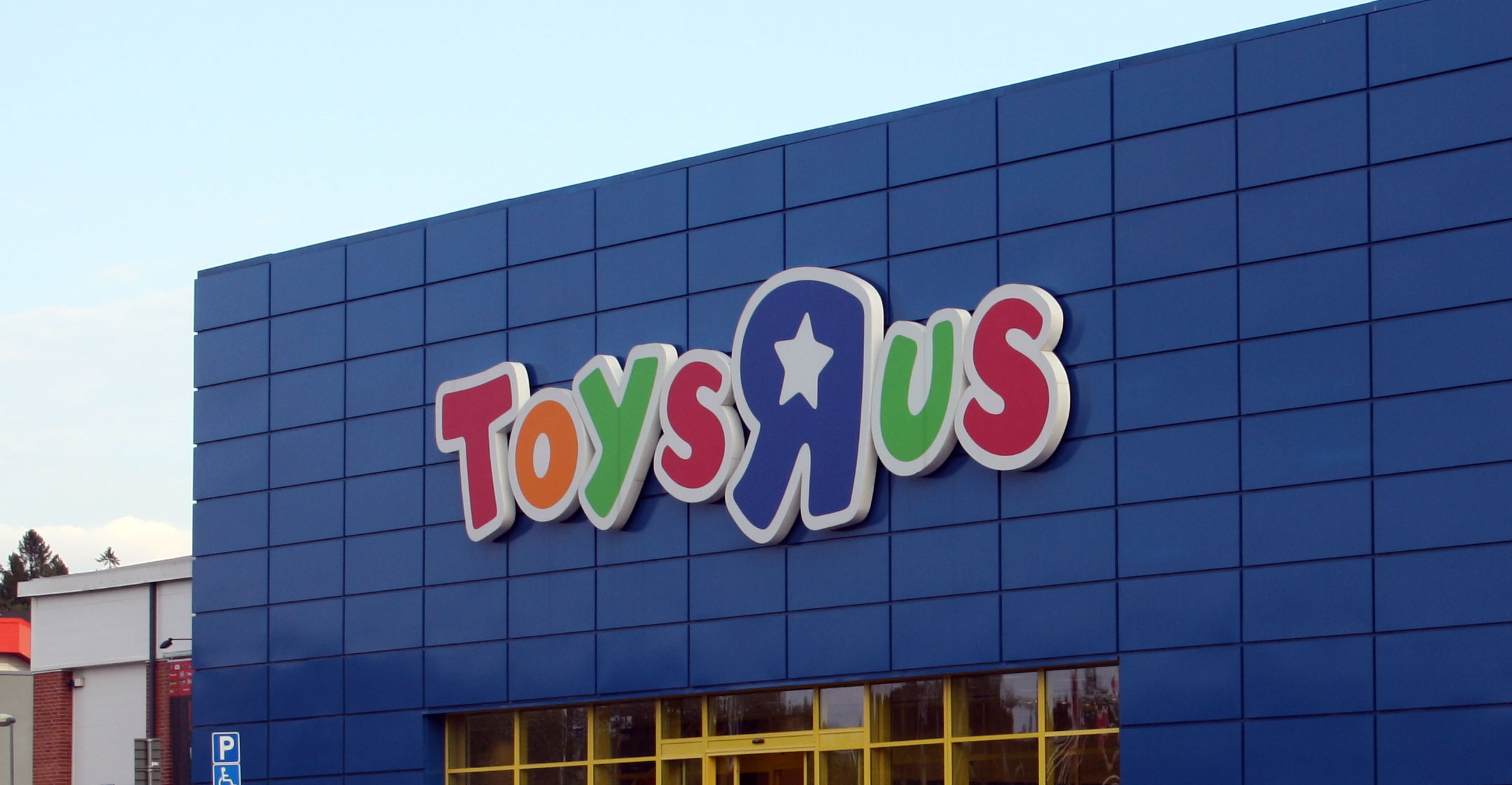
American retailer Toys “R” Us has filed for bankruptcy as the retailer, loaded with debt in a buyout more than a decade ago, failed to keep consumers from abandoning its stores for the lower prices and convenience of online shopping.
The company listed debt and assets of more than US$1bn each in chapter 11 documents Monday in US bankruptcy court in Richmond, Virginia. Prior to filing, the chain secured more than $3bn in financing from lenders including a JPMorgan Chase & Co-led bank syndicate and certain existing lenders to fund operations while it restructures, according to a company statement. The funding is subject to court approval.
The company didn’t announce plans to close stores, and said its locations across the globe would continue normal operations.
“Like any retailer, decisions about any future store closings — and openings — will continue to be made based on what makes the best sense for the business,” Michael Freitag, a spokesman for Toys “R” Us, said in an e-mail.
The bankruptcy filing is the latest blow to a brick-and-mortar retail industry reeling from store closures, sluggish mall traffic and the threat of Amazon.com. More than a dozen major retailers have filed for creditor protection this year, including Payless, Gymboree and Perfumania Holdings, all of which are using the chapter 11 process to close underperforming stores and expand online operations.
Much of the toy merchant’s debt is the legacy of a $7.5bn leveraged buyout in 2005 in which Bain Capital, KKR & Co and Vornado Realty Trust loaded the company with debt to take it private. Since then, the Wayne, New Jersey-based chain has struggled to dig itself out.
CEO David Brandon took over Toys “R” Us in 2015 and sought to make shopping there a more enjoyable experience. Last year, he set out a vision of kids “dragging their parents to our stores because they want to see what’s going on”.
Hot Toy Finder
The retailer introduced the “Hot Toy Finder”, which tells customers exactly where in their local store to find the items featured on its “Holiday Hot Toy List”. The chain, which has provided the annual list of the 50 hottest toys for 20 years, also offered price matching and free layaway.
While Brandon made some progress reducing liabilities, he ultimately was unable to resuscitate the closely held chain’s fortunes. The company reported a net loss of $164m in the quarter ended 29 April, compared to $126m for the same period in the prior year. It hasn’t shown an annual profit since 2013.
“Together with our investors, our objective is to work with our debt holders and other creditors to restructure the $5bn of long-term debt on our balance sheet,” Brandon said in the company statement.
The company sells toy and baby merchandise in about 1 600 Toys “R” Us and Babies “R” Us locations worldwide and through its websites.
Charles Lazarus opened Children’s Bargain Town, a baby-furniture store, in Washington in 1948, according to the Toys “R” Us website. He added toys two years later and opened the first Toys “R” Us, modelled after self-service supermarkets, in 1957. Lazarus stepped down as chairman and CEO in 1994. Two years later, the first Babies “R” Us opened.
The company’s Canadian unit intends to seek protection in parallel proceedings in the Ontario superior court of justice, according to the statement. The company’s operations outside of the US and Canada, including its about 255 licensed stores and joint venture partnership in Asia, which are separate entities, are not part of the chapter 11 filing. — Reported by Dawn McCarty, (c) 2017 Bloomberg LP

